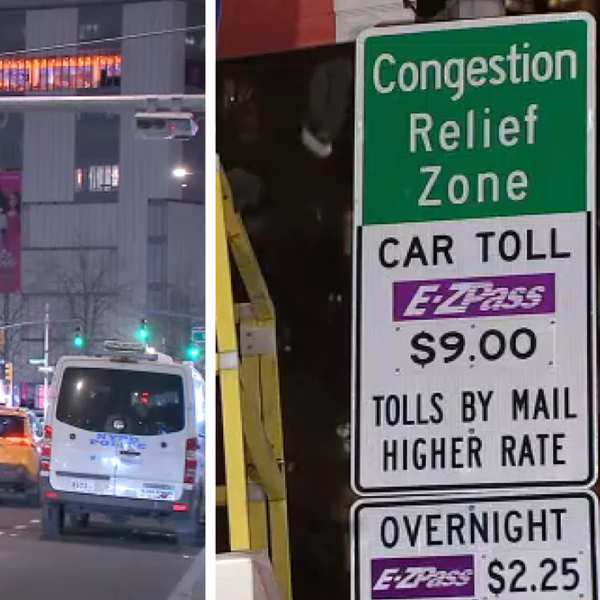

New York City's congestion pricing plan, launched on January 5, 2025, aims to alleviate traffic in Manhattan's busiest areas and generate revenue for mass transit improvements. Under this program, vehicles entering Manhattan south of 60th Street during peak hours are charged $9, with trucks and buses facing fees up to $21.60. Early reports indicate a 7.5% reduction in traffic within the central business district during the first week of implementation.
However, the initiative has faced significant opposition, particularly from New Jersey officials and President Donald Trump. Governor Phil Murphy of New Jersey has been a vocal critic, expressing concerns about the financial burden on New Jersey commuters and potential revenue losses for the Port Authority due to decreased traffic at Hudson River crossings. In a letter to President Trump, Murphy labeled the program a "disaster for New Jersey commuters" and urged a reevaluation of its federal approval.
President Trump has consistently opposed the congestion pricing plan. During his campaign, he criticized the initiative, and following his re-election, he reiterated his commitment to dismantling it. New York Republicans have expressed confidence that the program will not endure, citing productive discussions with the President.
The President possesses several avenues to challenge the program. He could retroactively revoke federal approval, mandate a more extensive environmental review, or support ongoing legal challenges against the tolls. Such actions could significantly delay or potentially terminate the program.
Proponents of congestion pricing argue that it is essential for reducing traffic congestion and securing funds for critical mass transit upgrades. They point to early successes, such as the observed decrease in traffic, as evidence of the program's efficacy. Additionally, similar systems in cities like London, Singapore, and Stockholm have demonstrated long-term benefits in traffic management and public transportation funding.
The debate over New York City's congestion pricing underscores the broader tension between urban policy initiatives and political opposition. As the situation evolves, the outcome will have significant implications not only for New York City but also for other metropolitan areas considering similar measures to address urban congestion and environmental concerns.